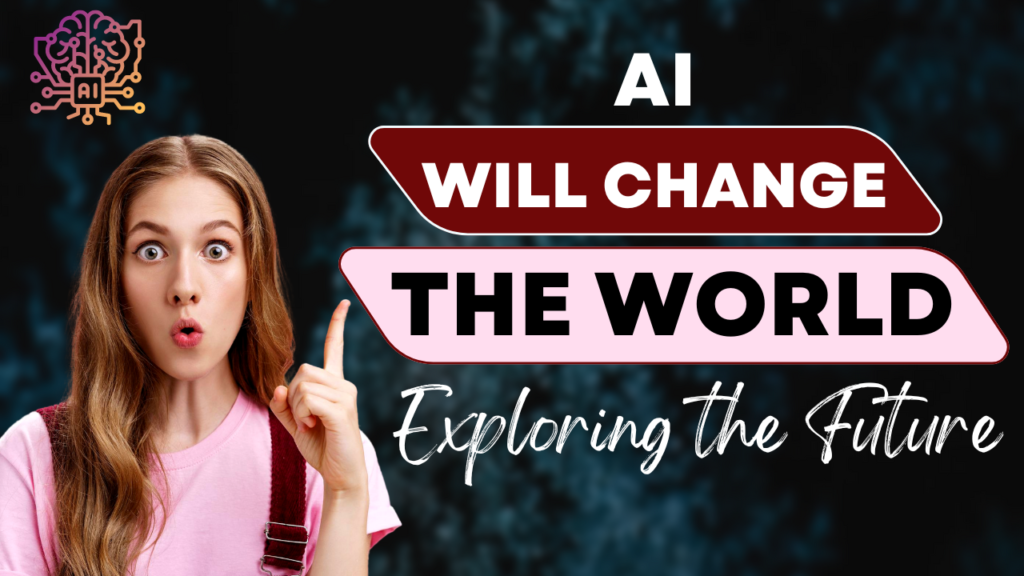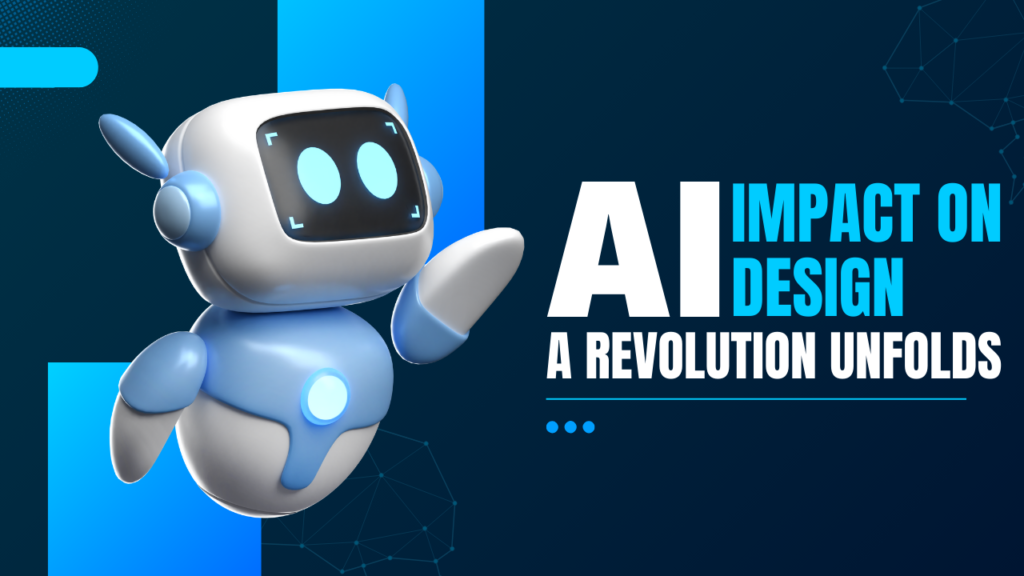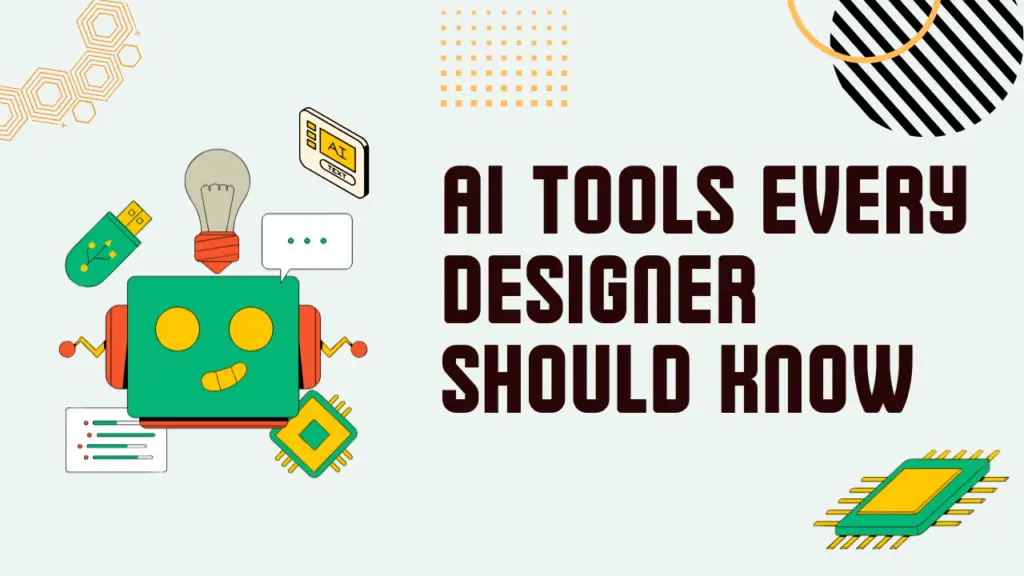AI Will Change the World: Exploring the Future
The global AI market is expected to jump from $62.5 billion in 2022 to a massive $1.4 trillion by 2029. This shows how powerful artificial intelligence (AI) is and how it will change our lives. We’ll look at what’s driving the AI revolution, its effects on different industries, and the ethical issues it raises.

This article will take you from the basics of AI to the latest in machine learning and deep learning. We’ll cover AI’s history, its uses today, and how it might change our future. We’ll also talk about the ethical problems and how to make AI responsible to ensure it helps us safely.
The Rise of Artificial Intelligence
The machine learning revolution has brought us into a new era of tech growth. At the center is artificial intelligence (AI), a field that’s both complex and fascinating. It’s all about making systems that can do things that humans usually do, like learning and solving problems.
Understanding AI: Definitions and Concepts
AI covers a wide range of tech, from neural networks to natural language processing. These technologies help machines understand and interact with the world better. The debate on ai ethics shows how AI could change many industries and our lives.
The History of AI: From Concept to Reality
AI’s story started in the mid-20th century with pioneers setting the stage for today’s tech. From early neural networks to recent breakthroughs, AI’s path has seen ups and downs. Now, as we explore new frontiers, AI’s future looks bright, promising to change our world in big ways.
| Milestone | Year | Description |
|---|---|---|
| Turing Test Proposed | 1950 | Alan Turing introduces the concept of a test to determine if a machine can exhibit intelligent behavior. |
| First AI Program Developed | 1956 | The Logic Theorist, considered the first AI program, is developed by Allen Newell, J.C. Shaw, and Herbert Simon. |
| Deep Blue Defeats Kasparov | 1997 | IBM’s Deep Blue chess-playing computer system defeats world champion Garry Kasparov, marking a significant milestone in AI development. |
“Artificial intelligence is the future, not the past.”
– John McCarthy, Computer Scientist
AI Will Change the World
The rise of artificial intelligence (AI) is changing the world. This technology is making big impacts in many areas, like healthcare and transportation. AI is changing the world in big and exciting ways.
AI can make complex tasks faster and more accurate. This helps us solve problems we couldn’t solve before. It’s a big deal for how we solve problems now.
The Transformative Power of AI
AI is making a big difference in many areas. For example, self-driving cars are changing how we travel. AI-powered diagnostics in healthcare help find diseases early and treat them better.
We’ll see more amazing things as AI keeps getting better. It will change how we live, work, and interact with the world.
“The development of full artificial intelligence could spell the end of the human race… It would take off on its own, and re-design itself at an ever-increasing rate. Humans, who are limited by slow biological evolution, couldn’t compete, and would be superseded.” – Stephen Hawking
AI is very powerful, but we need to think about its downsides. We must talk about bias, privacy, and how to use AI right. These are important as we move forward with AI.

As we explore AI more, we know the future will be very different. AI will touch every part of our lives. By using AI wisely and solving its problems, we can create a better future for everyone.
AI Disruption Across Industries
Artificial intelligence (AI) is changing many sectors, not just one. It’s making big changes in healthcare, transportation, and more. These changes are bringing new ways to solve problems and improve our lives.
Healthcare: AI-Powered Diagnostics and Treatment
In healthcare, AI is a big deal. It’s helping doctors make better diagnoses and tailor treatments to each patient. AI can spot things that humans might miss, leading to faster and more accurate diagnoses.
AI also helps create treatments that fit each patient’s unique needs. This means better health outcomes and a better quality of life for patients.
Transportation: Self-Driving Cars and Autonomous Systems
The transportation world is changing fast, thanks to self-driving cars and AI. These cars use sensors and AI to make decisions quickly and safely. They could cut down on accidents and make traffic better.
AI is also changing how goods are moved and delivered. It’s making delivery systems smarter and more efficient. This helps reduce waste and protect the environment.
As AI becomes more common, we’re seeing big changes in many areas. It’s making healthcare and transportation better. The future with AI looks promising, offering a more efficient and fair world.

Machine Learning: The Driving Force
The machine learning revolution is changing the way we see AI. It’s a key part of artificial intelligence that’s making big changes in many areas. This tech lets computers learn from data, spot patterns, and decide on their own without needing to be told how.
At its heart, machine learning uses algorithms that get better with time. By giving these algorithms lots of data, they can find new insights and make predictions we couldn’t make before. This has opened up new doors in healthcare, transportation, finance, and entertainment.
The deep learning impact has been huge, especially with neural networks that work like the human brain. These networks are great at solving complex problems. They’re used in things like recognizing images, understanding language, and making speech sounds, leading to big new discoveries.
- Personalized Recommendations: Machine learning makes the personalized suggestions we see on Netflix, Amazon, and Spotify. It makes using these platforms better and keeps people coming back.
- Predictive Maintenance: By looking at sensor data, machine learning can guess when things might break. This lets companies fix things before they stop working, saving money and time.
- Fraud Detection: Banks use machine learning to spot fraud right away. This keeps customers safe and stops big financial losses.
“Machine learning is the future, not only for me but for all of us.”
– Sundar Pichai, CEO of Google
The machine learning revolution is still growing, and the future looks bright. It’s behind smart helpers and self-driving cars, changing our world in big ways. The deep learning impact will keep growing, opening up new areas and pushing what we can do.

Deep Learning and Neural Networks
Deep learning has changed the game in artificial intelligence (AI). It uses complex neural networks to make AI systems do complex tasks better and faster. This has opened new doors in many areas.
Deep Learning Applications: From Image Recognition to Natural Language Processing
Deep learning is amazing at recognizing images. It lets AI see and understand pictures like we do, changing fields like healthcare and security. It’s also getting better at understanding and speaking human languages, thanks to deep learning.
This technology goes way beyond just pictures and words. It can predict stock trends and improve how we manage supply chains. The neural networks future looks bright, promising big changes in our world.
| Application | Impact |
|---|---|
| Image Recognition | Revolutionizing industries like healthcare, security, and e-commerce |
| Natural Language Processing | Enabling AI to understand, generate, and translate human language with fluency |
| Predictive Analytics | Forecasting stock market trends and optimizing supply chain logistics |
The deep learning impact is growing fast. It’s set to change the future of AI in big ways. We’re talking about making our lives better and solving big global problems.

“The future of artificial intelligence lies in the power of deep learning and neural networks, which are redefining the boundaries of what’s possible.”
Cognitive Computing and the Future of AI
The field of artificial intelligence is growing fast, and cognitive computing is key to its future. These systems work like the human brain, learning, reasoning, and solving tough problems. They could change how we solve problems and make decisions in many areas.
The idea of the technological singularity is at the heart of this change. It’s when AI becomes smarter than humans, changing the world in big ways. This idea makes us think about a future where AI does things we can’t even imagine.
| Cognitive Computing Capabilities | Applications |
|---|---|
| Natural Language Processing | Chatbots, Virtual Assistants, Sentiment Analysis |
| Machine Learning | Predictive Analytics, Personalized Recommendations |
| Computer Vision | Image Recognition, Autonomous Vehicles |
| Reasoning and Problem-Solving | Decision Support Systems, Robotic Process Automation |
Cognitive computing and the technological singularity are making the future of AI very exciting. These systems can adapt and solve complex problems. They promise big changes in healthcare, transportation, and more. As we move forward, we must think about the right way to use AI and make sure it matches our values.
Ethical Considerations in AI Development
AI’s growing impact means we must think about its ethical sides. It can change many industries but also brings up issues like bias, privacy, and responsible use. We need to handle these concerns well.
Addressing Bias and Privacy Concerns
One big challenge with AI is bias. AI can make or worsen biases, leading to unfair results. Developers must watch out for and fix these biases in AI models. Also, keeping user privacy safe is key since AI handles a lot of personal data.
Responsible AI: Principles and Governance
Leaders and policymakers have set up rules for ethical AI. These rules focus on being clear, accountable, and fair. Following these rules helps make AI more ethical and responsible. This way, companies can build AI ethics into their work and promote responsible ai.
“The responsible development of AI is not just a moral imperative, but also a critical factor in maintaining public trust and ensuring the long-term sustainability of this transformative technology.”
As AI changes our world, we must focus on ethics and use it responsibly and openly.
The Technological Singularity: Fact or Fiction?
The idea of the technological singularity excites many who think about the future. It’s a point when tech grows so fast and changes so much that it changes human life beyond what we can imagine. But is this future real, or just a story from science fiction?
Some believe that as AI gets smarter, it will keep getting better on its own. This could lead to super-smart AI that’s way smarter than us. This could start a new era of big changes in tech and society.
But others think the idea of the technological singularity is too hopeful. They say AI is getting better, but getting to a true technological singularity is hard. There are many challenges and things we don’t know yet.
- Technological barriers: Some think there are limits to how good AI can get. This makes reaching a true technological singularity hard.
- Societal and ethical concerns: Having super-smart AI could mean losing jobs, losing control, and needing strong rules. These are big worries that need to be thought about.
- Unpredictable consequences: We can’t really guess what big changes the technological singularity would bring. This makes some wonder if we should even aim for it.
The debate about the technological singularity shows how much we don’t know about AI’s future and its effects on us. As AI keeps getting better, we need to think carefully about how to make it good for everyone. This will help shape how tech changes our world.
“The technological singularity is the hypothetical point in time when technological growth becomes so rapid that it leads to unforeseeable changes in human civilization.”
Conclusion
The rise of artificial intelligence (AI) is changing the world in big ways. It’s making healthcare better and cars drive themselves. AI is also improving machine learning and deep neural networks.
AI will change the future in big ways. It will bring more innovation, efficiency, and ways to solve problems. We need to think carefully about how we use AI.
By using artificial intelligence, we can solve big global problems. It can make life better for everyone. We must make sure AI is used in a way that’s open, responsible, and good for people.
FAQ
What is artificial intelligence (AI) and how does it work?
Artificial intelligence makes computers do tasks that need human smarts, like learning and solving problems. It uses algorithms and neural networks to look at data, spot patterns, and make predictions or choices.
How has the history of AI evolved over time?
AI has been around for decades, starting with pioneers like Alan Turing and John McCarthy in the 1950s. Recent years have seen big leaps forward, thanks to more data, better computers, and advances in deep learning and natural language processing.
What are the key areas of AI that are transforming the world?
AI is changing many areas, like healthcare with AI-powered diagnoses and treatments, and transportation with self-driving cars. It’s also making a mark in finance with fraud detection and improving education, manufacturing, and customer service with new innovations.
How is machine learning shaping the future of AI?
Machine learning is key to AI’s growth. It lets systems learn from data and get better over time. This has opened up new possibilities in image recognition, understanding language, and predicting outcomes.
What is the potential impact of deep learning and neural networks on the future of AI?
Deep learning and neural networks are pushing AI forward. They’ve led to big advances in computer vision, language understanding, and decision-making. This means we can expect more advanced and intelligent AI systems in the future.
What is cognitive computing, and how does it relate to the future of AI?
Cognitive computing is about AI systems that learn, reason, and solve complex problems like the human brain. These systems use advanced algorithms and data processing for tasks that were hard for old computers. This ties into the idea of AI reaching a technological singularity, where AI surpasses human smarts and changes the world.
What are the ethical considerations surrounding the development and deployment of AI?
As AI becomes more part of our lives, we need to think about its ethics. Big concerns include bias and privacy, and making sure AI is developed and used responsibly. It’s important to get these right to make sure AI is good for society.
Is the concept of the technological singularity a realistic possibility?
The technological singularity is a thought-provoking idea where tech grows so fast it changes human civilization beyond recognition. Some think it could happen, while others see it as a far-fetched idea. The debate is ongoing in the AI and tech communities.



